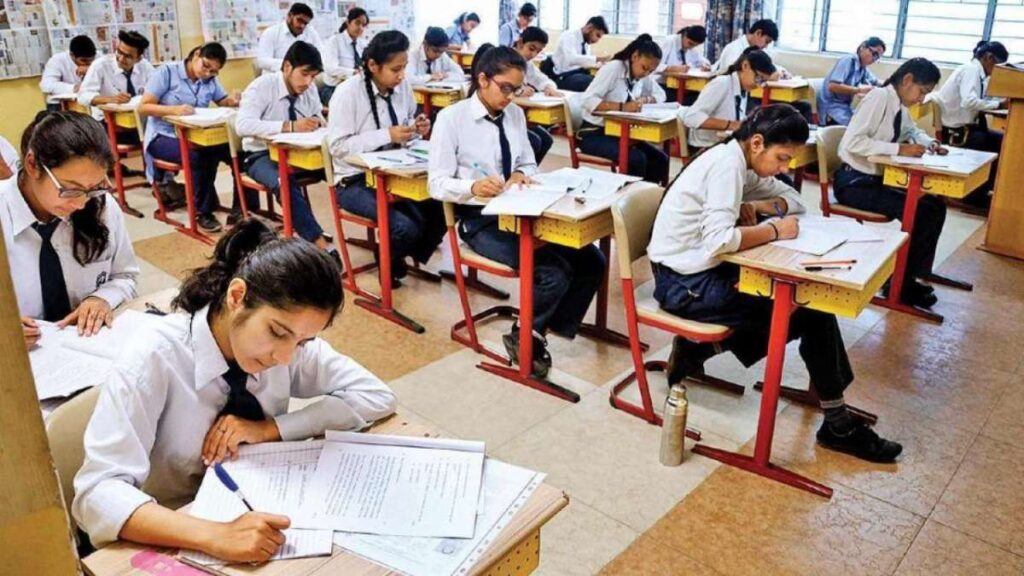Ritika Chowdhury
Over the past seven years, India has faced a persistent issue with exam paper leaks, affecting the integrity of its examination process. There have been 70 confirmed leaks across 15 states, causing significant disruptions for 1.7 crore applicants.
The NEET-UG 2024 paper leak, impacting an all-India exam with more than 24 lakh aspirants, has highlighted the troubling reach of those behind these leaks and their influence on India’s exam system. In addition to the NEET-UG leak, the National Testing Agency (NTA) recently had to cancel the NET-UGC exam, further underscoring the challenges facing young people.
The futures of 3.3 million students now hang in the balance, with numerous cases before the Supreme Court. The court has sternly warned the Union government that even the slightest negligence in conducting these exams will not be tolerated.
For many aspirants, the path from taking exams to securing a job has become increasingly difficult. Students often leave their hometowns and villages, invest heavily in coaching, and work tirelessly for years, only to face disappointment when exams are cancelled due to paper leaks. Unfortunately, these leaks have become a common issue in government recruitment, adding to the frustration and uncertainty for many.
So what changes should be made?
For a long time, we have been hearing “Look their son, he scored 96%! Learn something from him”. We should agree with the fact that a piece of paper can’t determine our future, only our attitude and talent can.
Our education system shouldn’t emphasize so much on marks also because every student is unique in whatever they do. Some might be good at academics, but some may not be. This can’t be the basis to judge a child differently. Here are some of the ways how the education system of our country can make a change:

- Focusing on imparting practical knowledge: Our education system should encourage students to develop practical skills by incorporating hands-on activities into their curriculum, which may include group discussions, role playing, and other interactive activities that allow students to apply what they have learned in a practical setting. Secondly, they should be given different types of experiential learning like internships, job shadowing to gain real world experience. This will help the students to develop the skills they need to succeed in their careers.
- Encouraging Activity –based learning: Our education system should incorporate a variety learning activities into the lesson plan, such as field trips, group projects and problem-based tasks. They should be encouraged to reflect their learning experiences, such as by asking them to write about what they have learned or by sharing their thoughts and findings with the class. This will help students consolidate their learning and develop a sense of ownership over their education.
- Change the process of taking tests: Using a variety of assessment methods is an important way to evaluate students’ learning and give them a more well-rounded view of their progress. Education institutes can use a range of different assessment methods, such as projects, presentations, and problem-solving tasks. These methods can help students demonstrate their skills and knowledge in a more practical, applied way, and can provide a better sense of their overall progress.
- Change the Examination Form: Marks have been a determining factor of a child’s intelligence, but actually, all that a student needs to have to earn marks is memory, not intelligence. Or education system is based on memory based! Your marks simply just mean that you can remember something for a prolonged time. This is not intelligence! If our education system wants to make a grading system, they should focus on logic-based questions rather than memory-based questions.
- Ask curious questions to students: Education institutes should help build curiosity in students, by encouraging them to ask questions and explore the subject on their own. The teachers should ask open-ended questions that don’t have a single correct answer and give the students freedom to explore a topic in greater depth on their own.
Overall, our education system should prioritize life skills and practical knowledge, this will help the students become better citizens of tomorrow.
